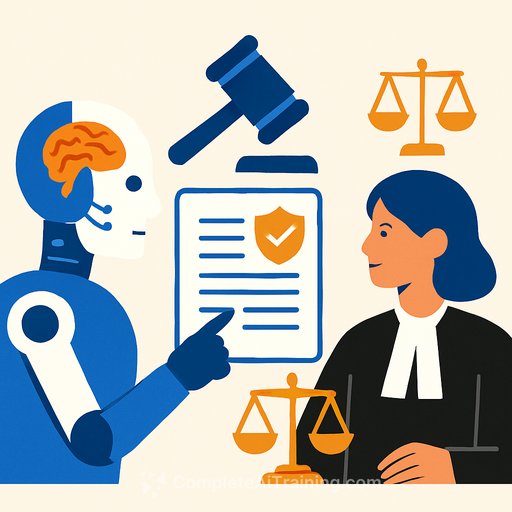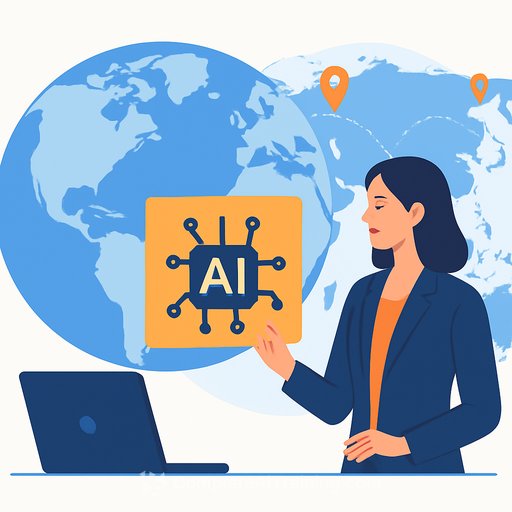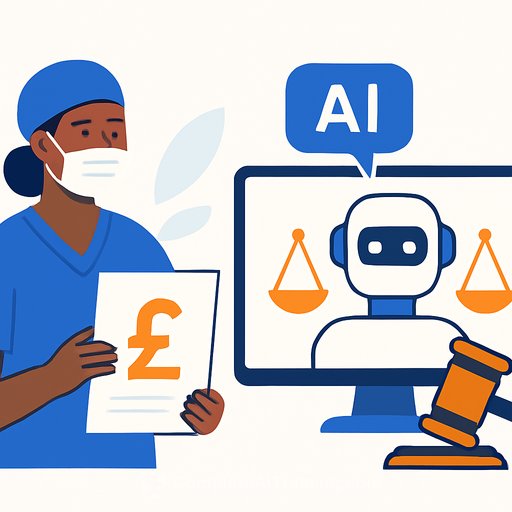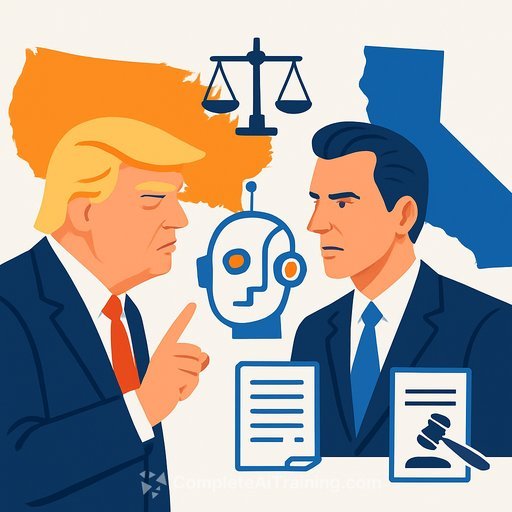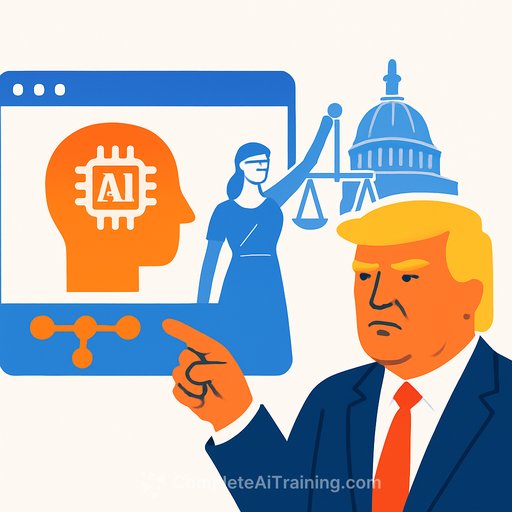Generative AI and Legal Professional Privilege
Insight 07.08.2025
Sam Altman, CEO of OpenAI, recently proposed the idea of establishing an "AI Privilege." This concept suggests that communications with Generative AI (GAI) should enjoy the same confidentiality as conversations with lawyers or doctors. Essentially, information shared with GAI would be highly protected and not subject to disclosure except in very limited circumstances.
Altman’s suggestion has merit. One key benefit of GAI is providing access to legal advice for people who might not afford a lawyer. Sometimes, the quality of such AI-generated advice could rival that of a human lawyer. So, why not extend similar protections to these interactions?
However, the reality is that courts or lawmakers are unlikely to create a new "AI privilege." Historically, legal professional privilege (LPP) has been narrowly applied and restricted to lawyers. The English courts have resisted extending it beyond this group and have even tightened its scope over the past two decades. Lawyers are also expected to oppose any moves that might dilute their exclusive control over privileged communications.
Nonetheless, Altman’s comments highlight a practical challenge: clients and lawyers using GAI must be cautious. Without proper measures, legal privilege could be unintentionally lost.
The Two Most Common Forms of Legal Professional Privilege
Legal professional privilege mainly exists in two forms:
- Legal Advice Privilege (LAP): Applies to confidential communications between a lawyer and their client, made primarily for giving or receiving legal advice.
- Litigation Privilege (LitP): Covers confidential communications between a client or lawyer and third parties, created when litigation is anticipated or underway, aimed at the dominant purpose of that litigation.
Applying these principles to GAI interactions uncovers several tricky issues.
Example 1: Client Seeks Advice Directly from a GAI Tool
LAP does not apply here because no lawyer is involved. If the GAI is an "open model"—meaning conversations are not confidential and inputs/outputs may be incorporated into the AI’s data—then the communication lacks the confidentiality needed for privilege.
LitP might apply since the client is dealing with a third party (the GAI provider). But if the GAI is open, confidentiality is compromised, so privilege fails. If instead the GAI is a "closed model," where interactions remain confidential and are not added to the AI's training, then LitP might still hold.
What if a law firm offers a GAI chatbot based on its own legal knowledge and precedents? LAP might still not strictly apply because the user is interacting with software, not a lawyer. However, if the GAI is closed and the user is a client of the firm, it is arguable that LAP could extend to this scenario. Law firms have long provided automated document tools without concerns about privilege loss, so this wouldn’t be entirely unprecedented.
Example 2: Client Uses a GAI Tool to Transcribe Lawyer-Client Conversations
Whether transcripts remain privileged depends heavily on whether the GAI is open or closed. Both LAP and LitP require confidentiality. Courts have held that a third party’s presence during privileged talks doesn’t destroy privilege if the third party is bound by confidentiality.
The GAI tool acts as a third party here. If it’s a closed model, privilege is likely maintained. If it’s open, privilege is probably lost. Moreover, even with a closed model, storing or processing AI transcripts in a way that broadens access beyond the core client group can amount to waiver.
The takeaway: lawyers and clients must be extremely careful when using GAI for recording or transcribing privileged conversations. Convenience and cost savings are tempting, but the risk of losing privilege is significant if confidentiality isn’t guaranteed.
Example 3: Client Shares Lawyer’s Advice with a GAI Tool
Clients might want to verify legal advice by running it through a GAI tool for a second opinion. Doing so risks waiving privilege, especially if the AI is an open model where confidentiality is compromised.
Even with closed models, sharing advice within an organization through GAI can be tricky. Legal advice privilege usually applies only to specific individuals who instructed the lawyer and received the advice—often senior managers or in-house counsel—not the entire company.
Sharing privileged information with a wider group, even internally, risks waiving privilege. Care must be taken to ensure any AI tool used internally has strict confidentiality safeguards and limits access to those entitled to view the advice.
Conclusion
While the idea of "AI privilege" is unlikely to become law anytime soon, the discussion brings important issues to light. Generative AI can be a valuable aid for lawyers and clients, but its use must be carefully managed to preserve legal professional privilege.
Clients and lawyers should thoroughly assess the type of AI tools they use, focusing on confidentiality features. Understanding the limits of privilege in the context of GAI is essential to avoid inadvertently losing it.
For legal professionals interested in deepening their knowledge of AI applications and risks, exploring specialized AI training courses can be beneficial. Resources such as Complete AI Training's courses for legal professionals offer practical insights into managing AI tools effectively and securely.
Your membership also unlocks:

